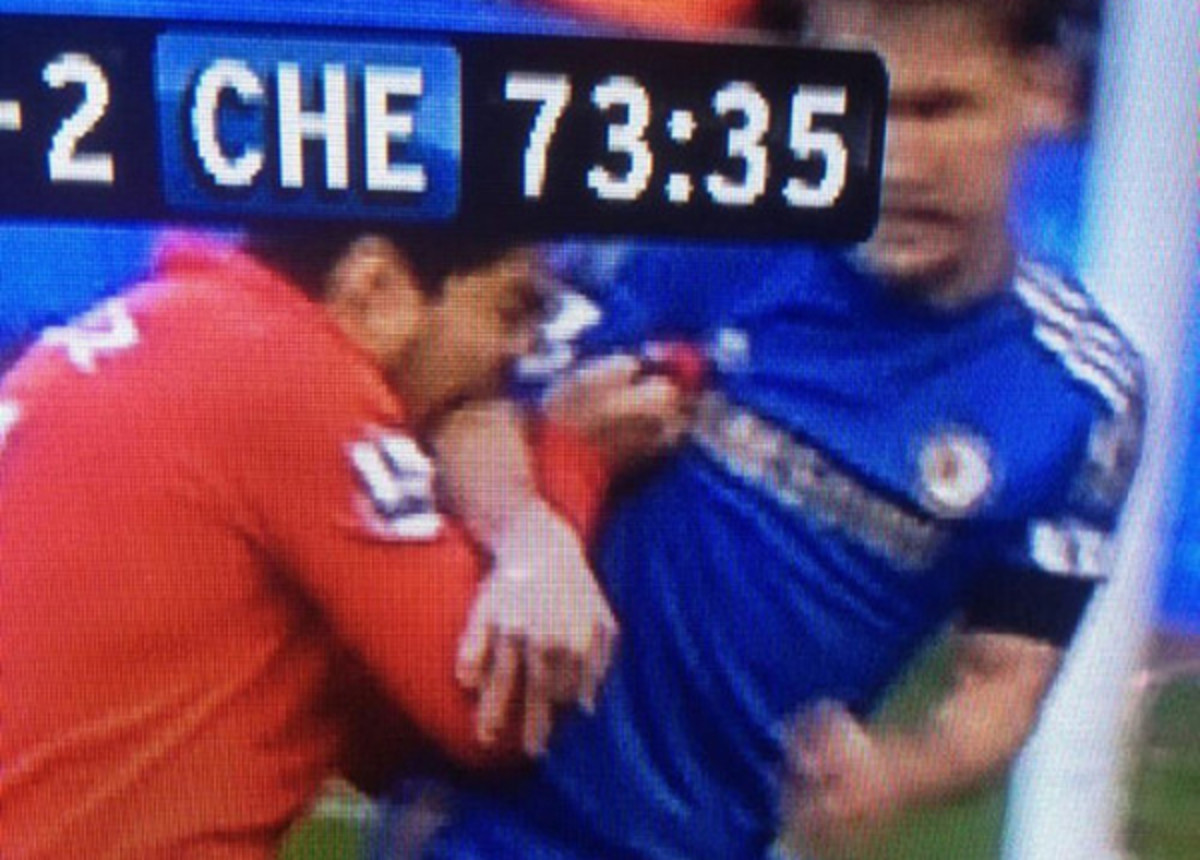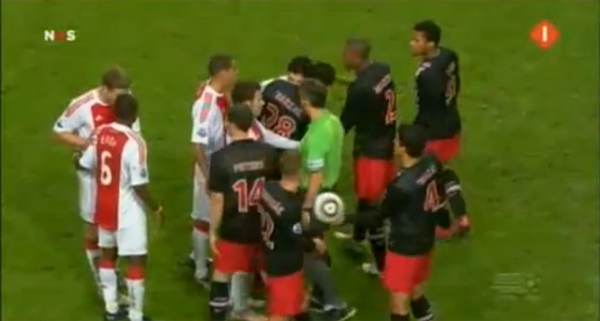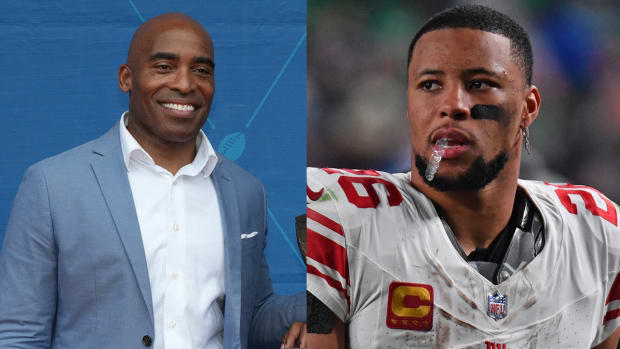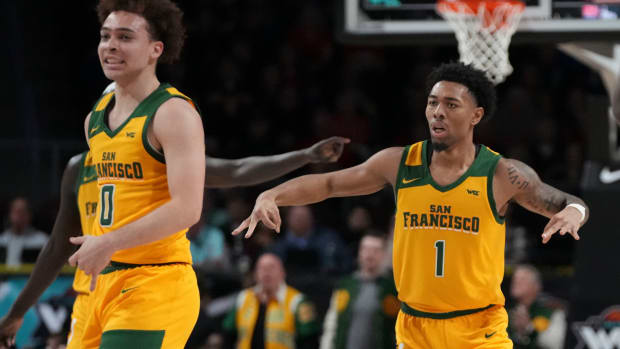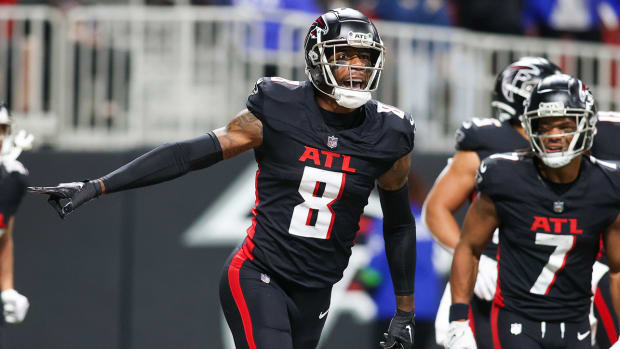Luis Suárez And The Horror Of The Bite
reddit.com
It's hardly been 48 hours since Luis Suárez was caught on camera biting Chelsea’s Branislov Ivanovic during a match and already the Uruguayan has been fined, offered counseling for anger management, condemned by his team and shoe sponsor, forced to issue a public apology via Facebook and Twitter, and subjected to the typically harsh British tabloids, which branded him a cannibal and a disgrace in 72-point font.
The Liverpool striker's toothy impulse was no more dangerous than a studs-up tackle or errant fist, both of which have cause far more grievous injuries to opponents, yet it's hard to imagine an on-field transgression capable of inciting greater popular furor. The mercurial goalscorer has only underscored what Mike Tyson proved on a grand scale a decade-and-a-half ago: the bite remains one of our most potent, persistent cultural taboos, an act that continues to shock and appall even as it's happened surprisingly often.
"It's the most primal thing, like a wolf, an animal," says Dr. Michael Lardon, a sports psychiatrist who has worked with PGA, NFL and Olympic athletes. "There's yelling, then shoving, then hitting, then biting. Biting really shows how the individual is reduced down to this terrible, primitive state."
Man does not like being reminded he is an animal, prone to the same compulsions and appetites as those further down the food chain. Dr. Stephen P. Hinshaw, a professor of psychology at UC Berkeley, attributes the stigma of the act to its subconscious underpinnings.
"One of the most basic human fears in social interactions with a stranger is that you will be infected or contaminated by personal contact," Hinshaw says. "Witness the strong stigma against AIDS, leprosy, severe mental illness, homelessness, etc.: namely, the fear of infestation or infection. When one is bitten, the fear is completely real. Biting is, in this way, the ultimate affront."
Yet while Suárez's self-combustion in Sunday's match was unusual enough to be noteworthy, the circumstances that led to it are more common than we'd care to admit. Our culture's habit of enabling stars can stunt behavioral development in a way that engenders such conduct. People who have exceptional gifts -- whether athletic phenoms or child movie stars -- tend to get away with behaviors that other people can't, breeding arrogance.
“The rest of us, we have to get a job, we've got to go to school, we've got to answer to people, so we're enculturated in a much more responsible way," Lardon says. "I've worked with lots of elite athletes who almost have an arrested development: they're so coddled and catered to at a relatively young age, they never kind of leave that teenage arrogance.”
Such perhaps is the case with Suárez, who at 15 was red-carded for headbutting a referee while playing for local youth side Nacional, yet clearly didn't take to heart whatever punishment came down. Even as he progressed career-wise, moving to Liverpool from Ajax on a €26.5 million transfer in 2011, apprehensions over his history of controversy were repeatedly swept under the rug.
Also relevant (and necessary, for Liverpool supporters) are the questions about Suárez's mental fortitude. Tyson had the physical gifts to be one of the greatest heavyweight champions in history, but he's not because he was psychologically weak -- a longtime theory crystallized as fact the night he tapped out mentally by taking a chunk out of Evander Holyfield's ear.
“In sport, at a very high level, you have to have this tremendous intensity, and sometimes the cork blows,” Lardon says. “Now the greater athletes, the very best, learn how to sublimate it and channel it. Some of the others don't. If you don't have the ego strength and the maturity, you basically have technically what we call behavioral discontrol. And when somebody does something like this, it's so intense in the moment, the cognition short-circuits.”
Whatever the cause, evolution has at least done humans the favor of ensuring that when a bite does happen, it doesn't (usually) do much damage. As John Archer, professor of psychology at the University of Central Lancashire in the U.K., points out, "Humans have lost the large, dangerous canine teeth found in our nearest relative, the chimpanzee." We men simply aren't fierce biters, making a public bite a high-risk, low-reward proposition: you don't break skin, but you look like a giant asshole. Takes a special kind of person to roll those dice. Luis Suárez is a special kind of person.
